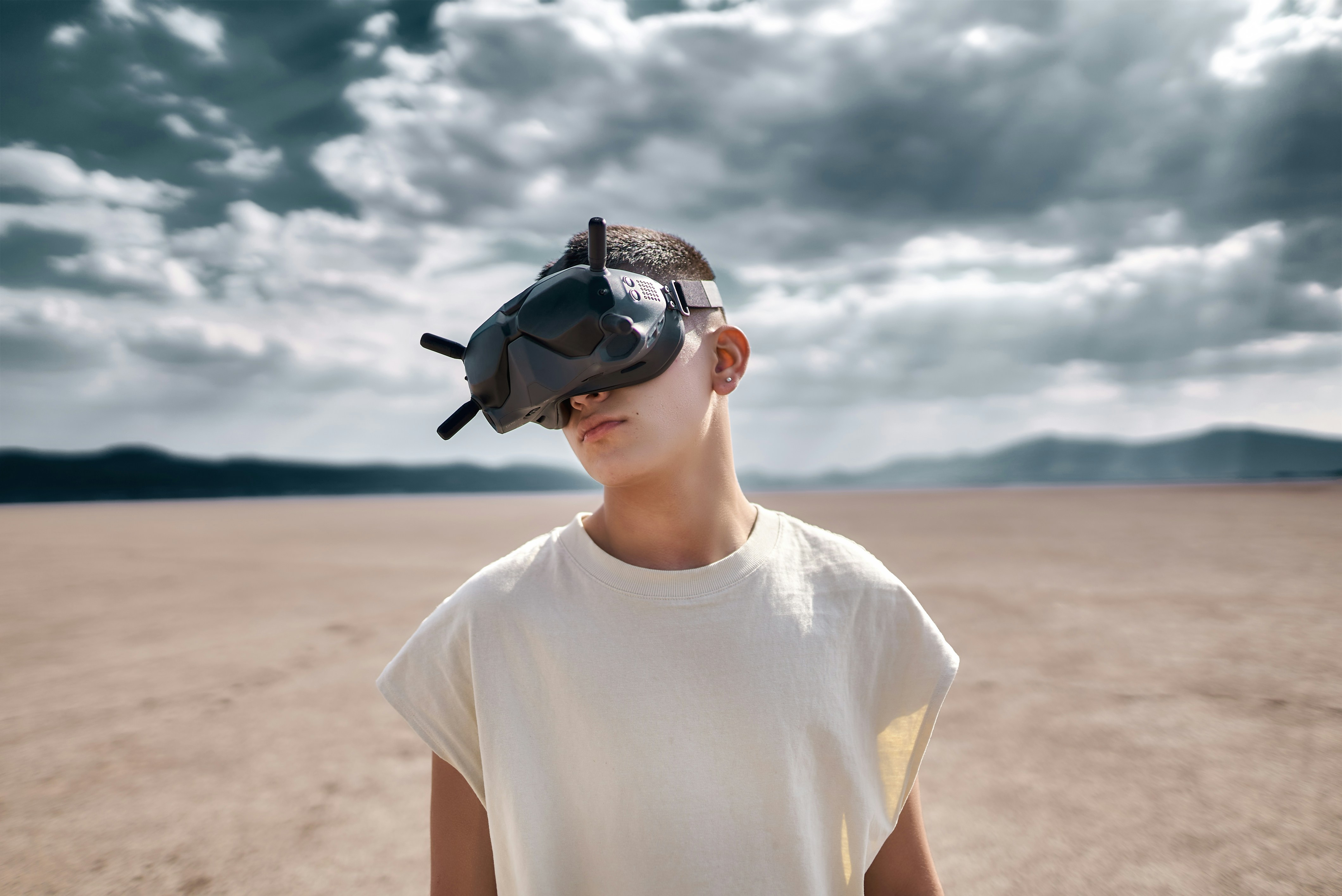Mind Over Matter: The Intricate Relationship Between Anxiety and Physical Health
Anxiety, a pervasive mental health disorder, has long been associated with a variety of physical ailments. While the mind-body link has been acknowledged since the time of ancient Greek physician Hippocrates, the complexities of this relationship are still being explored today. The association between anxiety and physical health is not just a byproduct of the modern, fast-paced world; rather, it has deep historical roots and continues to be relevant in our current times. This article aims to delve into the intricate relationship between anxiety and physical health, examining its historical context, current relevance, the emerging trends, and the impact it has on individuals and society at large.
The Historical Context: A Brief Look at the Past
Historically, the mind and body were often viewed as separate entities. However, the concept of psychosomatic illness - the idea that the mind can cause physical symptoms - has been recognized since ancient times. The term ‘psychosomatic’ itself originates from Greek, with ‘psyche’ meaning mind and ‘soma’ meaning body. Ancient Greek physician Hippocrates, often considered the father of modern medicine, believed that emotions were closely linked to physical health.
In the 19th and 20th centuries, advancements in medical and psychological research led to a more nuanced understanding of the mind-body connection. Sigmund Freud, a pioneer in psychoanalysis, proposed that unresolved psychological issues could manifest as physical symptoms. As research progressed, the medical community began to acknowledge the role of mental health disorders, such as anxiety, in physical health outcomes.
Anxiety and Physical Health: Current Relevance
In the present day, anxiety disorders are among the most common mental health conditions worldwide. According to the World Health Organization, an estimated 264 million people globally suffer from anxiety disorders. This prevalence underscores the importance of understanding the impact of anxiety on physical health.
Research has linked chronic anxiety to a host of physical health complications. These include heart disease, gastrointestinal problems, respiratory disorders, and chronic pain conditions. Moreover, individuals with anxiety disorders often have a higher risk of premature mortality. The current relevance of this topic remains high, as the global prevalence of anxiety continues to rise, particularly in the wake of the COVID-19 pandemic.
Emerging Trends: The Biopsychosocial Model and Holistic Approaches
The biopsychosocial model of health and illness, which posits that biological, psychological, and social factors all play a significant role in human functioning, is gaining traction in the medical community. This approach underscores the interconnectedness of mental and physical health and emphasizes the need for comprehensive treatment strategies.
Concurrently, there is a growing trend towards holistic approaches to health. This involves considering the whole person - mind, body, and spirit - in the prevention and treatment of disease. For individuals with anxiety, this could mean that along with conventional treatments like psychotherapy and medication, complementary therapies such as mindfulness, yoga, and dietary changes may be beneficial.
Impact and Reception: The Ripple Effects of Anxiety on Physical Health
The impact of anxiety on physical health is far-reaching. On an individual level, it can result in diminished quality of life, increased healthcare costs, and a higher risk of disability and death. On a societal level, the economic burden of anxiety and its associated physical health complications is substantial. The stigma associated with mental health disorders, including anxiety, also poses a significant barrier to seeking and receiving appropriate care.
Despite these challenges, there is growing recognition of the importance of addressing mental health issues as part of overall health care. Public health initiatives are increasingly focusing on mental health promotion and prevention, and there is a push towards integrating mental health care into primary care settings.
Unique Insights: The Power of the Mind-Body Connection
While the relationship between anxiety and physical health is complex, it also offers unique insights into the power of the mind-body connection. Understanding this connection can inform interventions aimed at promoting mental and physical health.
For instance, research has shown that strategies aimed at reducing anxiety can have positive effects on physical health. Regular physical activity, adequate sleep, a balanced diet, mindfulness practices, and strong social connections can all contribute to reduced anxiety levels and improved physical health.
In conclusion, the intricate relationship between anxiety and physical health is a testament to the interconnectedness of our mental and physical wellbeing. As we continue to explore this relationship, it is crucial to remember that caring for our minds is an essential part of caring for our bodies.





